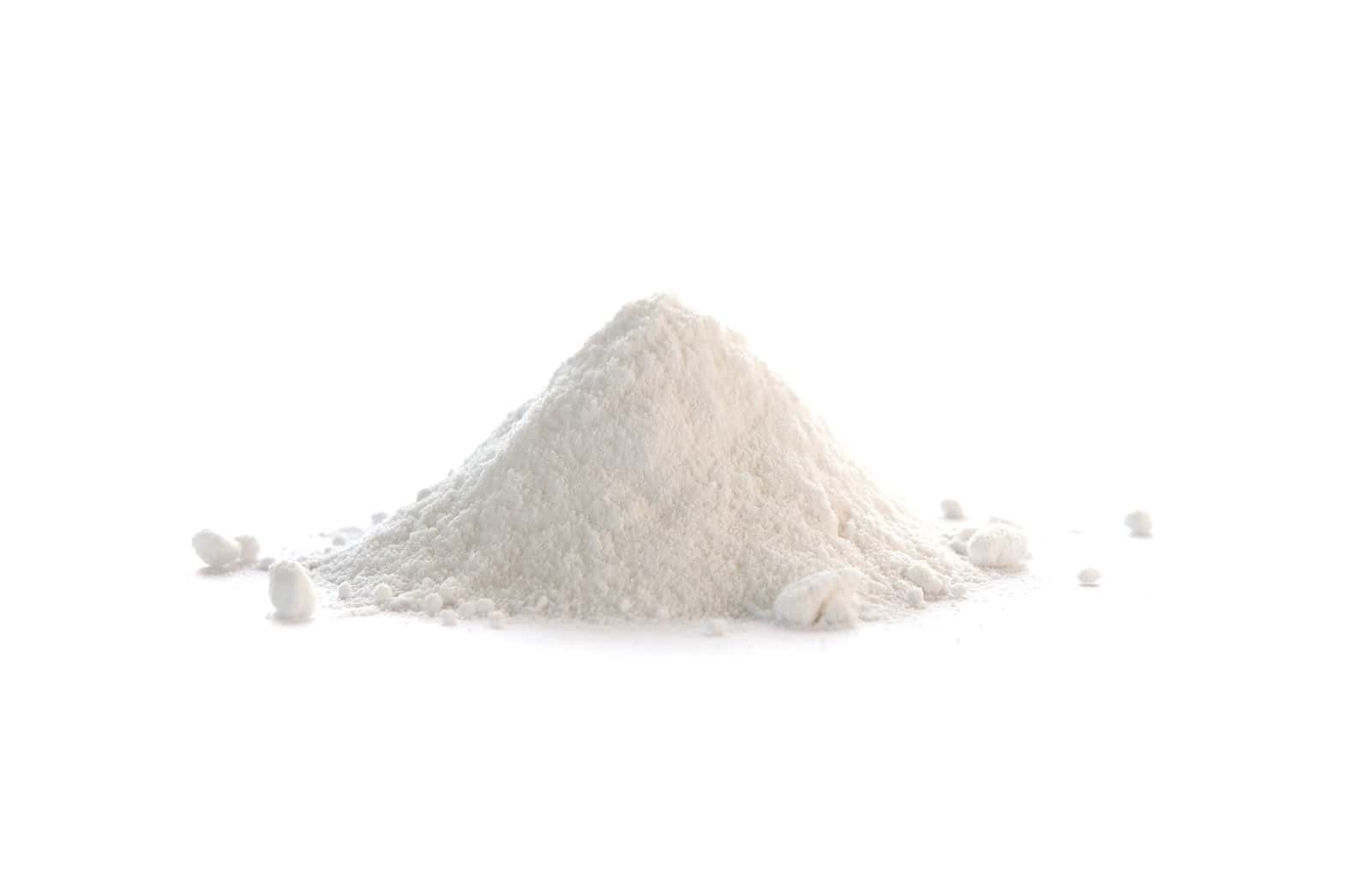
What do you do for urinary tract infections (UTIs)? When bacteria invade the ureter or bladder, the results are extremely painful urination, along with a feeling of urgency. Doctors usually prescribe antibiotics, but women who are prone to recurrent UTIs may end taking multiple courses. This repeated antibiotic exposure could contribute to resistant microbes. However, a number of readers have written to tell us that a natural product, D-mannose, can be helpful.
D-Mannose for Urinary Tract Infections:
Q. I’ve been taking D-mannose for a couple years to prevent recurrent urinary tract infections (UTIs). I am relieved to have something that works!
I take a teaspoonful before bed, and that usually keeps any infection under control. If I get the twinge that signals a UTI, I’ll take another spoonful right away. Within an hour, I’m symptom free. Please note: D-mannose only works on E. coli bacteria.
A. D-mannose is a naturally occurring sugar found in fruits and vegetables such as cranberries, cabbage and green beans. Your body also makes it, in modest quantities.
D-mannose interferes with the ability of Escherichia coli (E. coli) bacteria to cling to the walls of the urinary tract and cause infection (American Journal of Obstetrics & Gynecology, Aug. 2020). This systematic review of eight clinical trials found that women taking this supplement were much less likely to experience repeat urinary tract infections.
D-mannose appears about as effective as antibiotics in preventing recurrence. Side effects appear mild, with a few women reporting diarrhea. However, the studies were small and should be repeated with more volunteers.
A recent review concurred that D-mannose appears to be helpful against uncomplicated urinary tract infections (Antibiotics, April 2021). However, scientists have yet to determine the best dose and duration of treatment.
The authors conclude
“we believe that further well-designed studies are urgently needed to definitively support the role of D-mannose in the management of recurrent UTIs in women.”
Better Than Antibiotics?
Q. D-mannose has been more effective than antibiotics for my urinary tract infections. I’ve suffered with chronic UTIs for a long time and I never want to go back on antibiotics because I feel they make things worse. When the doctor prescribes an antibiotic, I have to take probiotics as well.
A. There is growing interest in the simple sugar D-mannose for preventing urinary tract infections. It is found in foods like cranberries, cabbage, currants, apples and peaches. Many cells in the body also use mannose in their metabolic processes.
An overview of D-mannose for UTI prevention and treatment concluded that this natural product may be helpful (Nature Reviews Urology, Dec. 2018). A more recent study concluded that D-mannose is a good alternative both for preventing and treating many UTIs (Molecules, Jan. 13, 2020).
Anyone who contemplates such an approach should ask her doctor for guidelines and monitoring. In addition, she should also make sure she is consuming adequate water. Researchers have found that UTIs are more common when people are not drinking at least six glasses of water daily (JAMA Internal Medicine, Nov. 2018).
Citations
- Lenger SM et al, "D-mannose vs other agents for recurrent urinary tract infection prevention in adult women: a systematic review and meta-analysis." American Journal of Obstetrics & Gynecology, Aug. 2020. doi: 10.1016/j.ajog.2020.05.048
- De Nunzio C et al, "Role of D-mannose in the prevention of recurrent uncomplicated cystitis: State of the art and future perspectives." Antibiotics, April 2021. doi: 10.3390/antibiotics10040373
- Sihra N et al, "Nonantibiotic prevention and management of recurrent urinary tract infection." Nature Reviews Urology, Dec. 2018. DOI: 10.1038/s41585-018-0106-x
- Scribano D et al, "d-mannose treatment neither affects uropathogenic Escherichia coli properties nor induces stable FimH modifications." Molecules, Jan. 13, 2020. DOI: 10.3390/molecules25020316
- Hooton TM et al, "Effect of increased daily water intake in premenopausal women with recurrent urinary tract infections: A randomized clinical trial." JAMA Internal Medicine, Nov. 2018. doi:10.1001/jamainternmed.2018.4204

